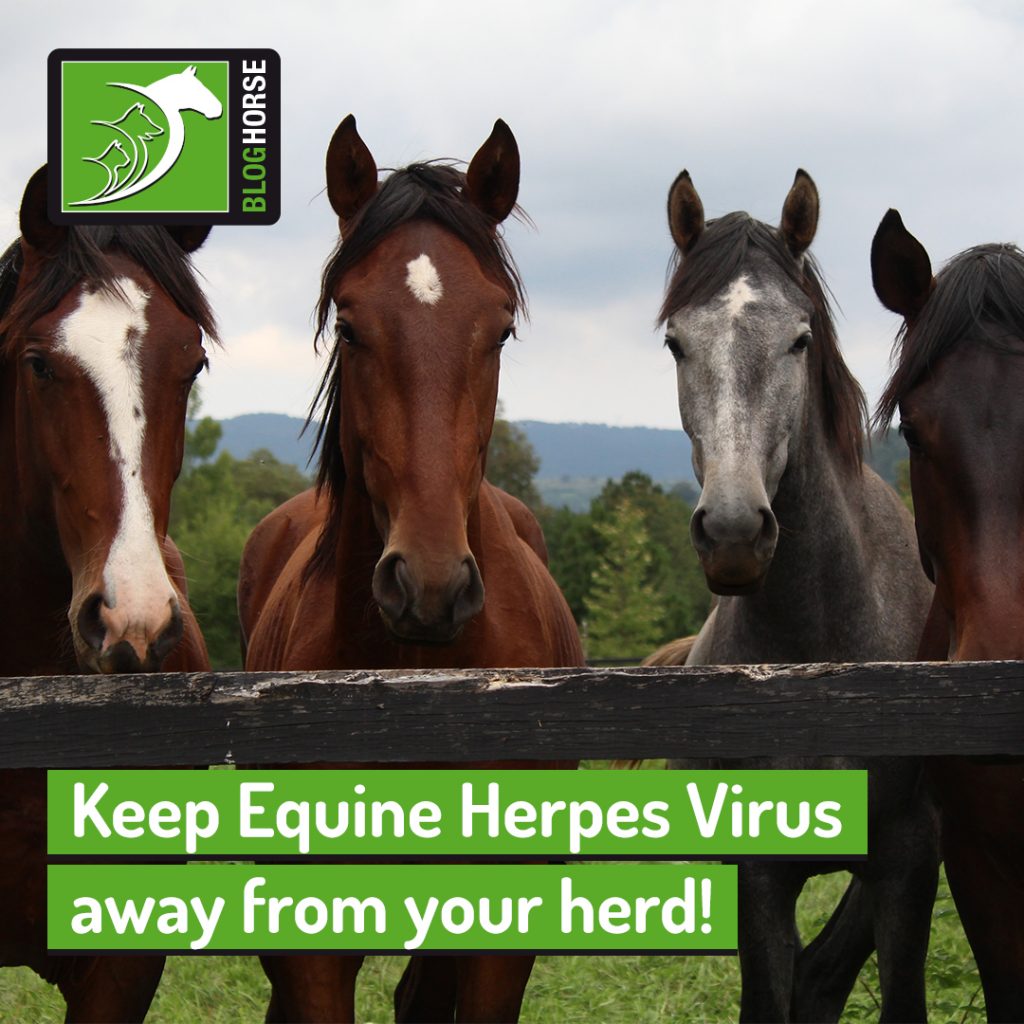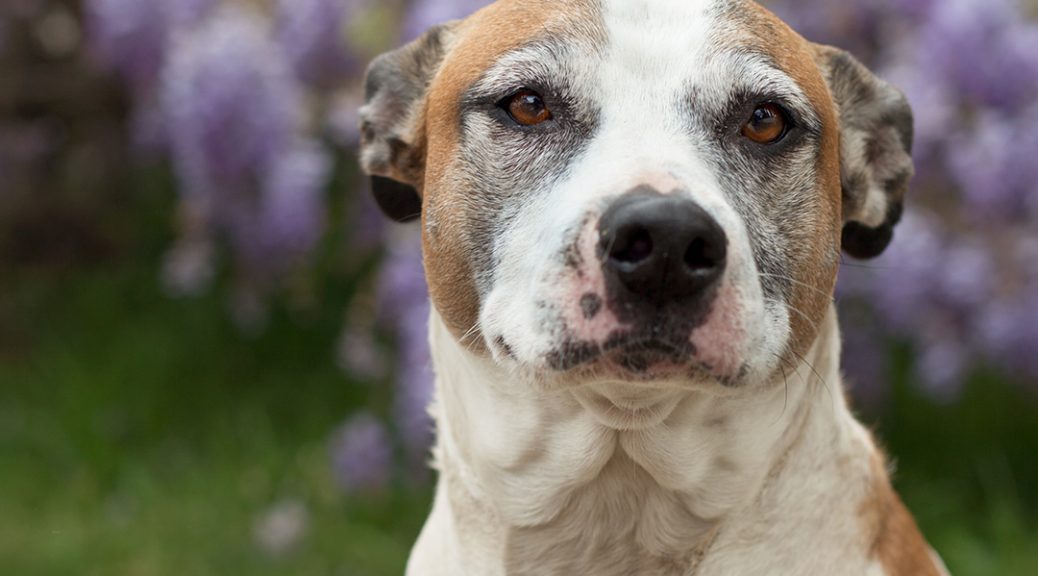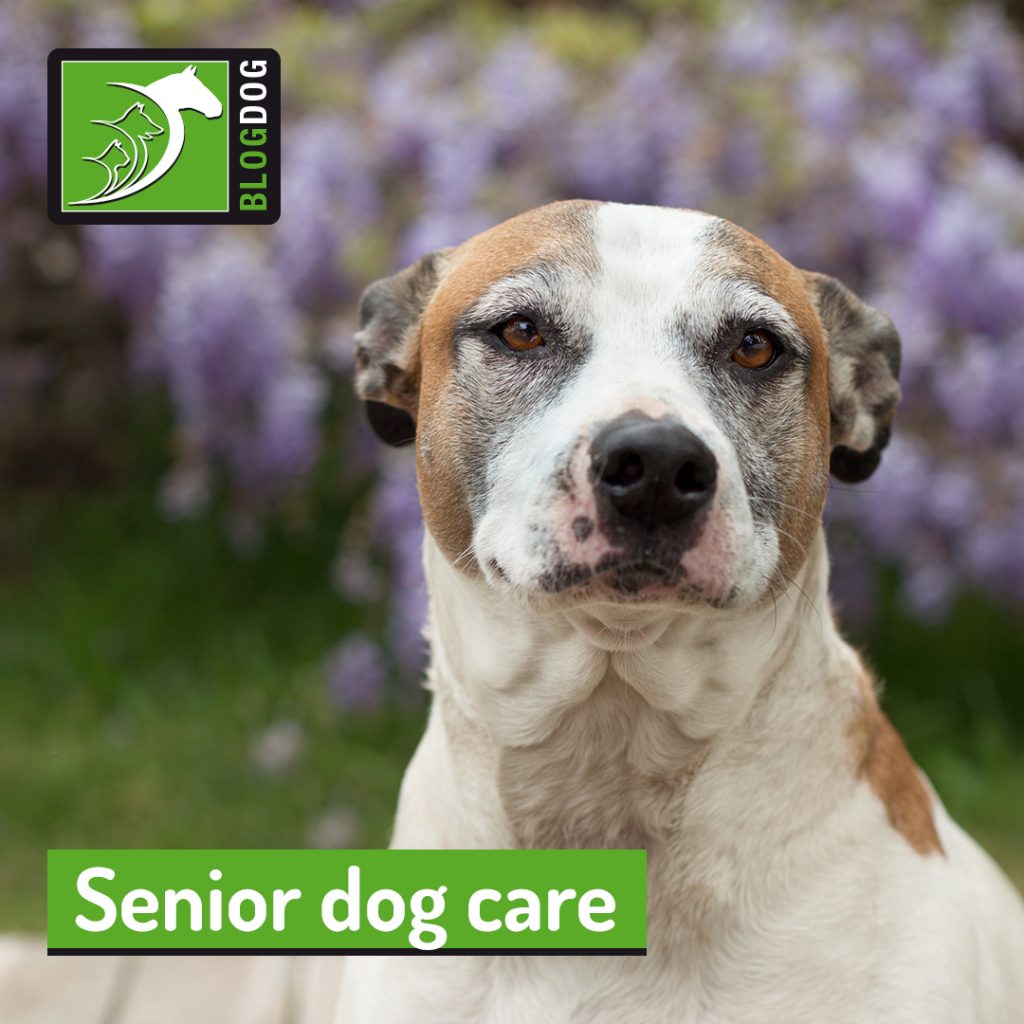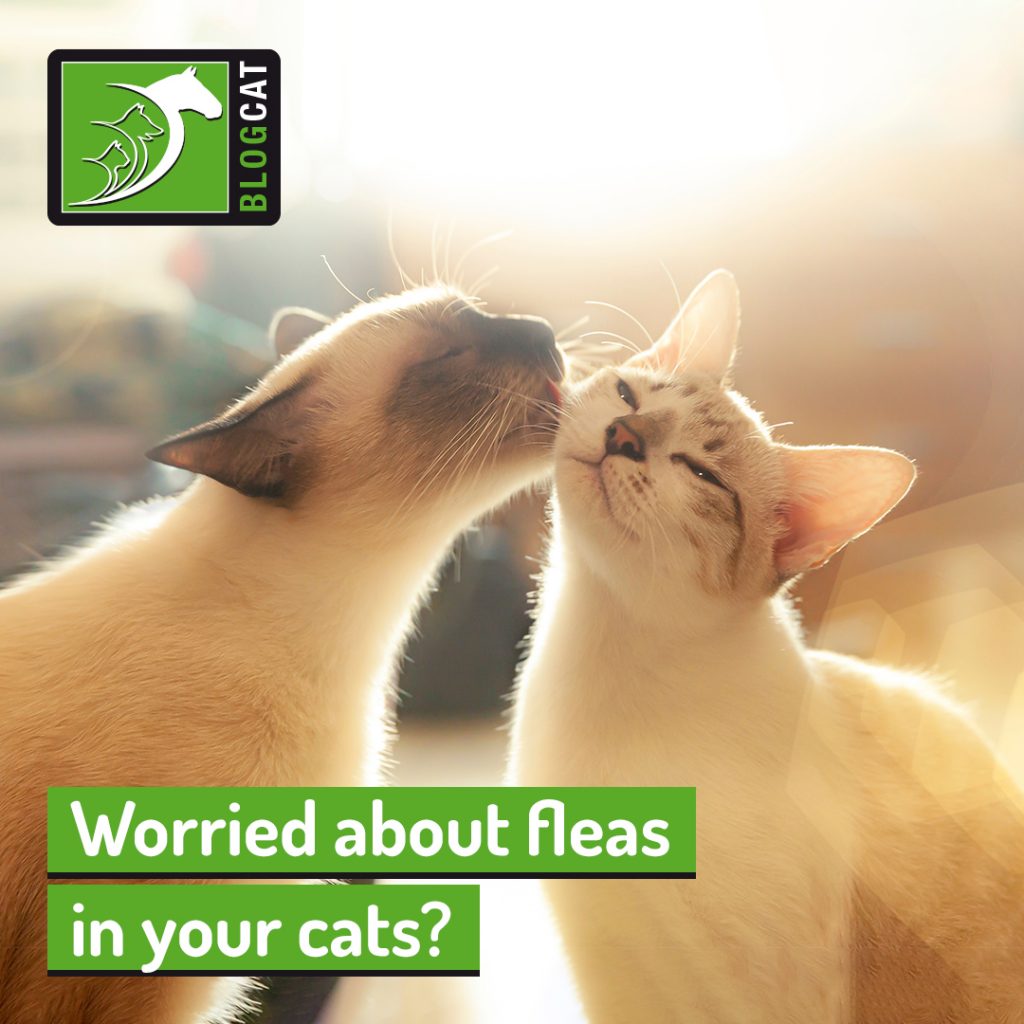Equine Herpes Virus is a concern for horse owners everywhere, especially for working animals who travel and have a greater chance of contacting other infected horses or for yards which often bring in new horses.
This viral disease can cause debilitating respiratory or neurological problems and is highly contagious, which is why every owner needs to know what Equine Herpes Virus is and how to keep it away from their herd!
Keep reading to learn about this problem and how to protect your horses from being infected.
What is EHV?
The Equine Herpes Virus is highly contagious and has nine different strains, with EHV-1 and EHV-4 being the most commonly seen variants.
This virus spreads through contaminated droplets in the air and can affect the respiratory, nervous, and reproductive systems.
Depending on the strain that your horse has been infected with, you might see the following:
- High fevers of over 38.5 ºC;
- Nasal discharge and cough;
- Difficulty walking;
- Being unable to get up or stand;
- Abortions, often suddenly and without any previous signs;
EHV has no specific treatment, and your vet will provide supportive therapy to help your horse make the best recovery possible.
Horses with milder respiratory issues are more likely to recover from EHV, but it might take a few weeks to fully get better. However, when animals are experiencing severe neurological impairment, such as limb paralysis or inability to stand, they might never improve, and euthanasia is likely to be the only outcome.
What to do if you suspect your horse has EHV?
It’s vital that owners call their vets as soon as they suspect one of their horses might be infected with EHV.
Vets will be able to confirm this disease by collecting nasal and blood samples and will suggest the next steps, such as isolating all horses that have been in contact with the infected horse, either directly or indirectly and keeping a close eye on their temperatures.
Because EHV can spread quickly and provoke outbreaks, inform any yards or owners who might have come in contact with your infected horse.
How to prevent EHV in your herd
As we’ve mentioned, EHV can severely impact the health of your horses and might even easily spread to neighbouring yards. Plus, it can cause significant disruption to your routine, as you will need to isolate and quarantine horses until they are disease-free, which can take several weeks.
Vaccinating your animals can protect against EHV-1 and EHV-4, preventing abortion caused by EHV and respiratory disease in younger horses.
This virus can be transmitted by direct contact between horses, but it can also be spread through their environment. Due to this fact, proper biosecurity is vital to prevent the spread of EHV, and this might include disinfecting shared equipment or ensuring visitors wear clean clothes and shoes.
If you’re concerned about Equine Herpes Virus, don’t hesitate to speak to your vet. They can help you establish the best biosecurity measures and advise you on how and when to vaccinate your horses.
Key points to prevent and treat Equine Herpes Virus (EHV-1 and EHV-4):
- Maintain good biosecurity at all times in your yard to minimise the chances of this disease;
- The most common signs are high temperature, lethargy and coughing but they may also include nervous system problems, which can be debilitating;
- If you suspect one of your animals has EHV, isolate him or her, contact your vet as soon as possible and let people know you have an outbreak so they can monitor their herd;
- Vaccinate your horses appropriately and ensure they have good medical care and clean living conditions.





